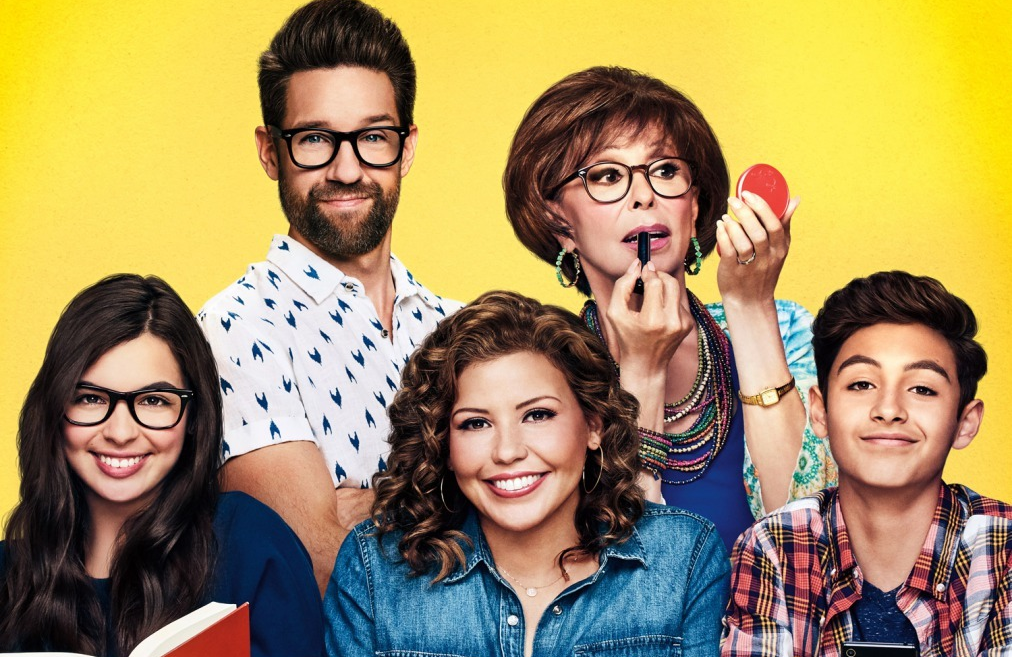Netflix’s reimagining of the classic TV series One Day at a Time has been met with love from critics and fans alike since its arrival in 2017. After Netflix cancelled it following its third season, Pop TV picked it up. Currently in the midst of its fourth season – though that has likely been altered due to the COVID-19 pandemic – One Day at a Time follows three generations of a Cuban-American family that lives in the same household.
Starring EGOT winner Rita Moreno as Lydia Riera, the matriarch of the family, as well as Justina Machado as her daughter Penelope and Isabella Gomez and Marcel Ruiz as Penelope’s two children Elena and Alex, the series tackles difficult subjects nearly every episode. Immigration, sexuality, alcoholism, PTSD, depression, anxiety, sky-high parental expectations, homophobia, and racism are amongst the topics discussed in this 30-minute comedy.

Particularly in today’s political climate, One Day at a Time hits hard sometimes. When the Alvarezes are stereotyped and called out by a white man for being “too loud” when celebrating in a ice cream parlor, one can only think of racism issues in this country. When Alex reveals that he has been told to “go back to Mexico” (despite being Cuban) and called a gangster on multiple occasions, it is impossible not to feel like the country is being exposed. When Elena struggles to gain acceptance after coming out, all of the homophobic issues in the United States come to the forefront of the viewers’ minds.
And the most intriguing part about all of this is that One Day at a Time is a comedy. And a good one, at that. Todd Grinnell’s Schneider, the Alvarezes landlord who only wishes to be part of their family, is a fantastic character for comedic relief, especially in the more hard-hitting episodes. Penelope’s support group for war veterans provides wholesome and hilarious moments whenever they are featured. Lydia’s extreme personality, coupled with her willingness to say absolutely whatever comes to her mind, results in a character that everyone can relate to; everyone has that family member. And, of course, the kids, who boast two completely different personalities, are fantastic and comedic in their interactions with each other.
One Day at a Time reminds us that even the best of us aren’t perfect. Even the most likable make mistakes. Schneider’s struggles with alcoholism, Alex’s adventures with marijuana, and even Penelope’s difficulties post-war are all reminders that life is hard. That we are not perfect. But it is the people around us that make life bearable.


The most perfect part about One Day at a Time is that it represents the average American family. We can all relate to the characters presented, whether we are Cuban, Mexican, white, African-American, Asian, or anything else. The show brings the community together through a Cuban-American family, and serves as a gateway for people who may not understand other cultures to realize that we are not so different after all.




